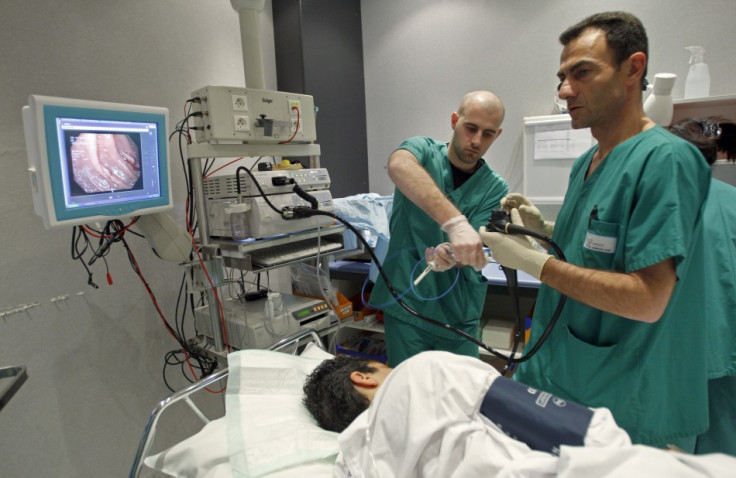Colon cancer: EPFL scientists identify vitamin A as the best weapon in the fight against the disease

Due to the difficulty in defeating colon cancer – one of the leading causes of cancer deaths worldwide due to its ability to resist treatment – scientists have been analysing new and effective ways to tackle the disease. As a result, researchers at EPFL, Switzerland, have identified a biological mechanism that has the potential to prevent relapses.
Although chemotherapy is often successful for colon cancer sufferers, there are persistent cancer cells that reside in stem cells of the cancer, which make relapses common. This is because a protein known as HOXA5, which acts as a kind of regulator in the body for stem cells, becomes lost in the cancerous cells during a mechanism known as a signalling pathway, where the cancer cells block the protein and allow the former to spread at a rapid rate, which causes relapses and metastasis.
However, a team led by Joerg Huelsken have announced that they were successfully able to reactivate the HOXA5 proteins by targeting it with Vitamin A in a chemical structure known as 'retinoids'. By testing this on mice with colon cancer, they found that the retinoids reopened the pathways for HOXA5 and remarkably blocked tumour progression and turned the cells back to normal.
"The new study suggests that patients that may profit from this well-tolerated treatment can be identified based on their expression pattern for the HOXA5 gene," read a press release. The team state that this therapy could be extremely effective in the fight against colon cancer, but also as a precautionary measure for patients who are at high risk of colon cancer, according to the study published in Cancer Cell.
© Copyright IBTimes 2025. All rights reserved.






















